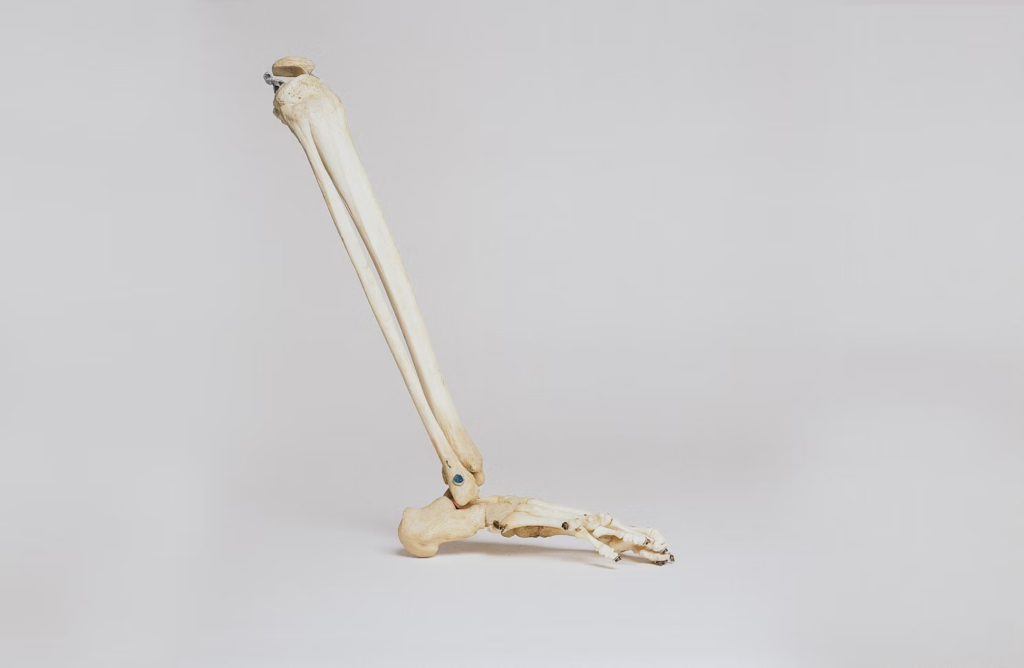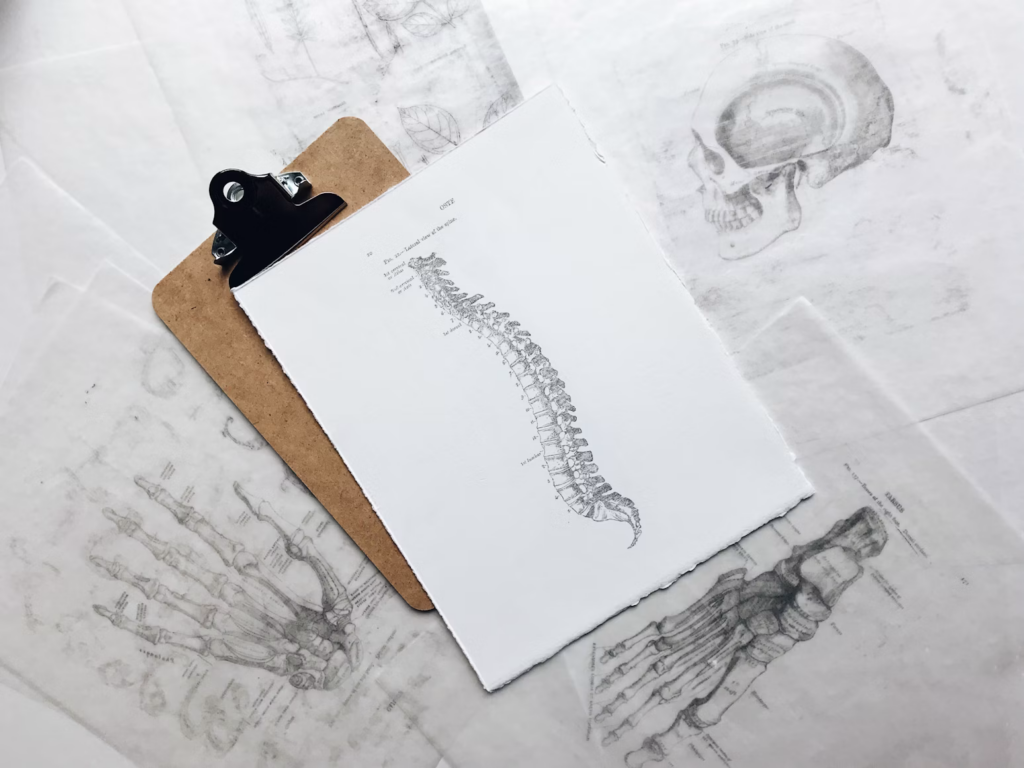
Pregnancy is a time of immense joy and anticipation, but it can also bring about physical challenges, including back pain.
As your body undergoes remarkable changes to accommodate your growing baby, the added weight and shifting center of gravity can put a strain on your back. However, with the right approach, you can alleviate discomfort and maintain a healthy, active pregnancy.
This blog offers safe exercises and effective strategies to help you manage pregnancy back pain and ensure both you and your baby thrive throughout this special journey.
Understanding Pregnancy Back Pain
Back pain during pregnancy is a common complaint, affecting up to 80% of expectant mothers. It can manifest as a dull ache, sharp pain, or muscle tightness, primarily in the lower back.
Several factors contribute to this discomfort:
- Hormonal Changes:The hormone relaxin, which helps loosen ligaments and joints in preparation for childbirth, can also affect the stability of the spine, leading to back pain.
- Weight Gain:The additional weight you carry during pregnancy puts extra stress on your back muscles.
- Shifting Center of Gravity:As your belly grows, your center of gravity shifts forward, altering your posture and placing additional strain on your lower back.
- Muscle Separation:The abdominal muscles may separate during pregnancy (diastasis recti), weakening core support and contributing to back pain.
Safe Exercises for Pregnancy Back Pain Relief

Exercise during pregnancy is generally safe and encouraged, but it’s important to choose activities that are gentle on your back and joints.
Here are some safe and effective exercises:
- Prenatal Yoga:Yoga poses can help improve flexibility, strengthen core muscles, and alleviate back pain. Look for classes specifically designed for pregnant women.
- Walking:Walking is a low-impact exercise that can help improve circulation, strengthen muscles, and reduce stress.
- Swimming:The buoyancy of water provides support and reduces stress on the joints, making swimming an excellent exercise for pregnant women.
- Pelvic Tilts:This simple exercise helps strengthen the lower back and abdominal muscles. Lie on your back with your knees bent, then gently tilt your pelvis upward, pressing your lower back into the floor.
- Cat-Cow Pose:This yoga pose helps improve spinal flexibility and mobility. Start on your hands and knees, then alternate between arching your back like a cat and rounding it like a cow.
Additional Relief Strategies
In addition to exercise, several other strategies can help alleviate pregnancy back pain:
- Maintain Good Posture:Be mindful of your posture throughout the day. Stand tall, avoid slouching, and use a supportive chair when sitting.
- Apply Heat or Cold:Heat therapy can help relax muscles and reduce stiffness, while cold therapy can help numb pain and reduce inflammation.
- Prenatal Massage:A prenatal massage from a qualified therapist can help relieve muscle tension and improve circulation.
- Sleep on Your Side:Sleeping on your side with a pillow between your knees can help maintain spinal alignment and reduce back pain.
Houston Physicians’ Hospital: Your Partner in Pregnancy Care
The orthopedic physicians at the Orthopedic Center of Excellence at Houston Physicians’ Hospital understand the unique back pain that expectant mothers experience during and after pregnancy. They can provide comprehensive care throughout the pregnancy journey, including management of pregnancy back pain.
Visit their webpage to learn more and find an orthopedic doctor who’s right for you.
The services offered at Houston Physicians’ Hospital also include knee pain treatment, hip replacement surgery, neck pain treatment, and Upper back pain treatments near NASA TX.













